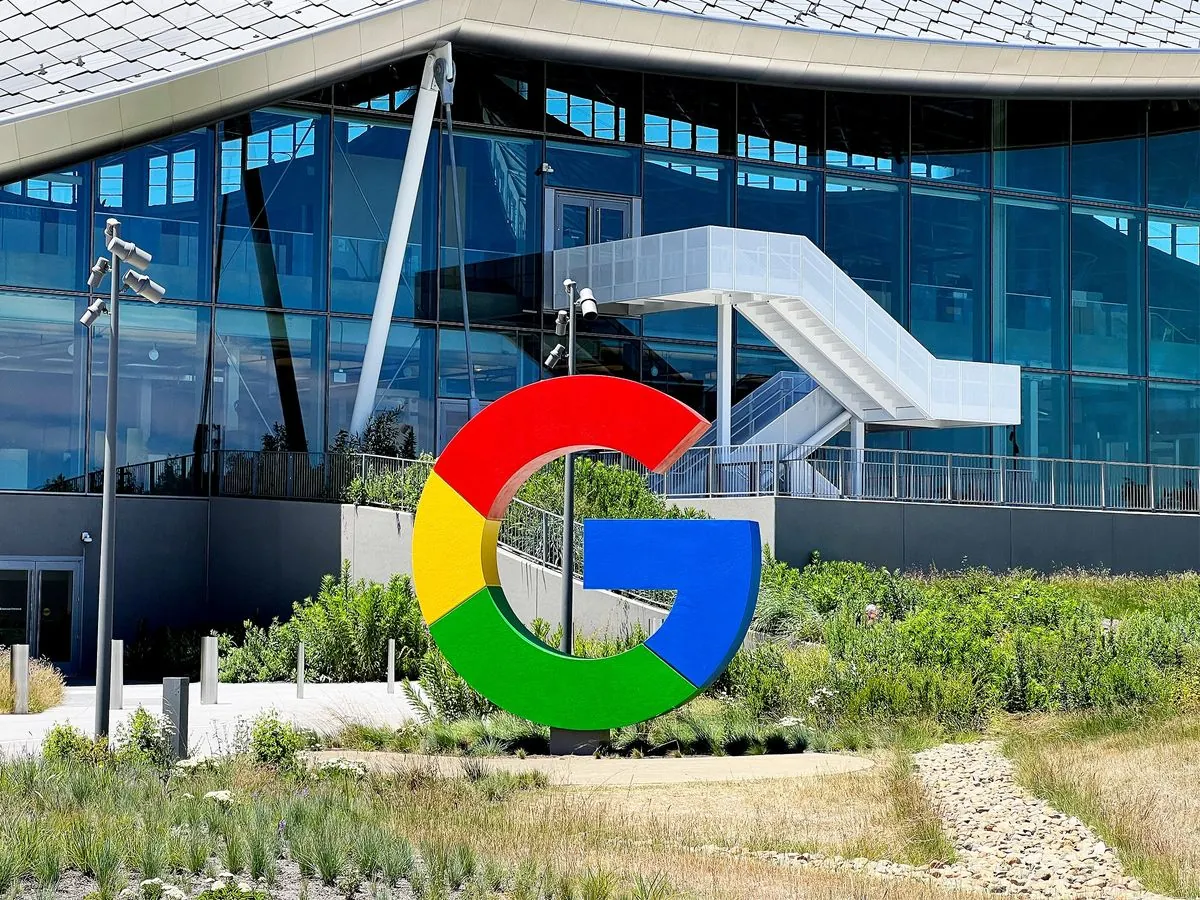In recent years, Google has found itself at the center of multiple antitrust lawsuits in the United States, signaling a significant shift in the government's approach to regulating tech giants. These legal challenges target various aspects of Google's business, including its app store, search engine, and online advertising operations.
The company's legal troubles began in late 2023 when a federal jury in San Francisco ruled that Google's app store constituted an illegal monopoly. This was followed by a similar verdict in August 2023 regarding the company's search engine, which forms the cornerstone of its more than $300 billion annual revenue. As of September 9, 2024, Google faces yet another trial in Virginia, this time focusing on its online advertising business.
These cases represent a departure from the historically cautious approach to antitrust enforcement in the tech sector. Tim Wu, a legal scholar involved in shaping the Biden administration's antitrust strategy, describes it as a return to "50s-style antitrust," emphasizing the judiciary's role in fostering innovation through market competition.
The outcomes of these cases could have far-reaching implications for Google and the tech industry as a whole. Potential remedies being considered include restrictions on business practices and, in more extreme scenarios, the possibility of breaking up the company. The advertising case in Virginia, in particular, may present a higher likelihood of divestiture if the court finds Google's advertising operations in violation of antitrust laws.
It's worth noting that Google's journey from a Stanford University project to a global tech giant has been remarkable. Founded in 1998 by Larry Page and Sergey Brin, Google quickly rose to prominence with its superior search engine technology. The company expanded its reach with the launch of the Android operating system in 2007 and the Chrome browser in 2008, which now holds about two-thirds of the global browser market.
However, Google's growth has not been without controversy. The company's motto change from "Don't be evil" to "Do the right thing" in 2015 reflects the evolving perceptions of its role and responsibilities in the tech ecosystem.
As the legal proceedings unfold, political and business uncertainties loom. The upcoming November 2024 US presidential election could potentially influence the direction of these antitrust efforts. Historical precedents, such as the dropping of the Microsoft antitrust case in 2001 following a change in administration, highlight the potential for political factors to impact outcomes.
Moreover, the business landscape itself is unpredictable. Past antitrust actions have sometimes led to unexpected consequences, as exemplified by AT&T's forced licensing of transistor patents in the 1950s, which inadvertently contributed to the rise of companies like Sony.
As Google navigates these legal challenges, the tech industry and observers worldwide will be watching closely. The outcomes of these cases could reshape not only Google's future but also set precedents for how antitrust law is applied to tech giants in the digital age.
"Go after Meta and Google."
The ongoing antitrust battles serve as a reminder of the complex interplay between innovation, market dominance, and regulatory oversight in the rapidly evolving tech landscape.
